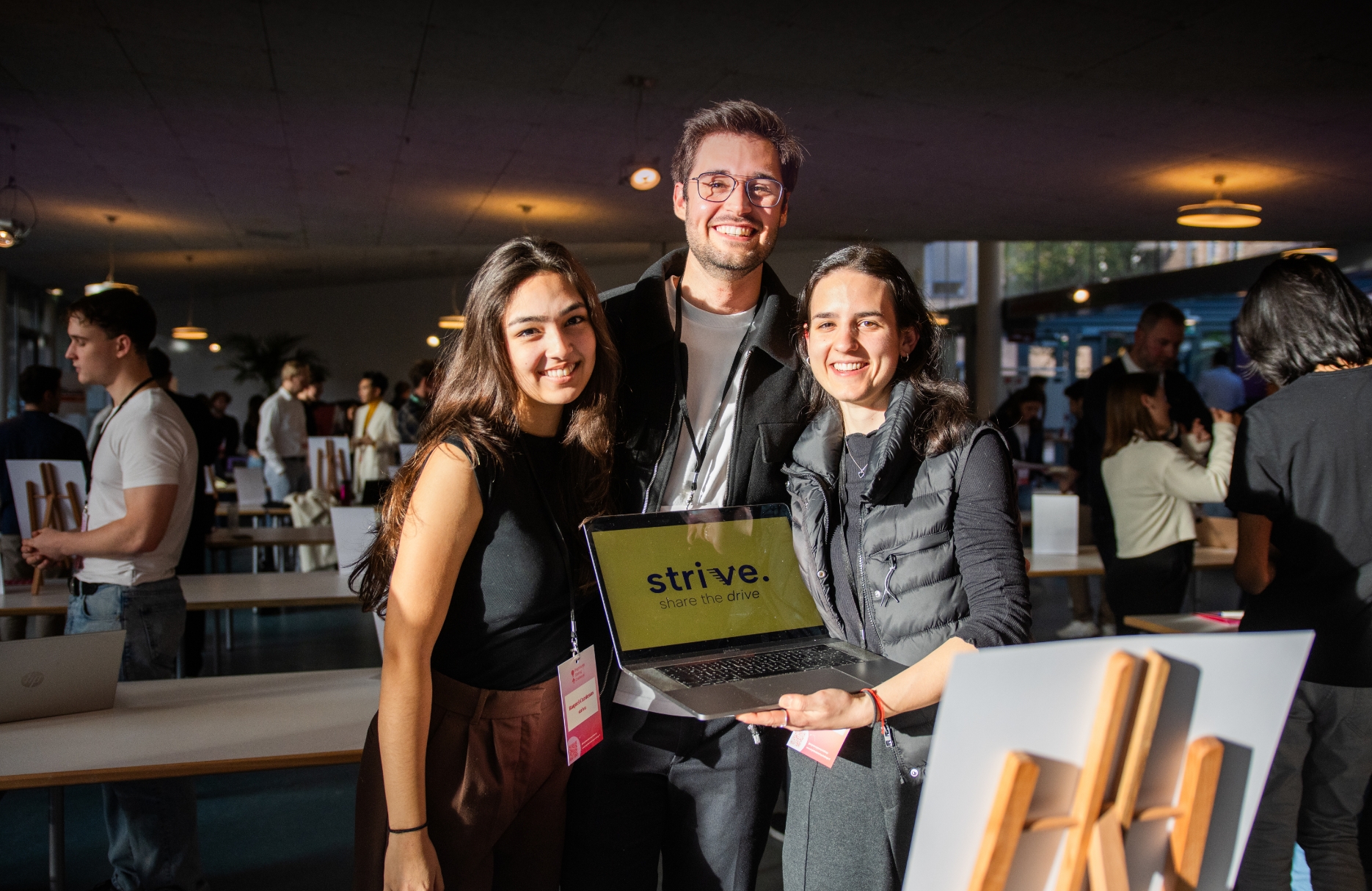The Mission
Daydream is an App that aims to support individuals who experience maladaptive daydreaming, a condition where immersive and often uncontrollable daydreaming can interfere with daily life, productivity, and well-being. Our mission is to provide users with the tools to better understand, manage, and ultimately reduce their reliance on daydreaming as a coping mechanism, using structured techniques grounded in cognitive behavioral therapy (CBT). Through a combination of guided exercises, personalized tracking, interactive prompts, and a community tab, Daydream aims to offer a compassionate and scientifically backed approach. This App will empower users to become more aware of their daydreaming patterns, understand the triggers and emotions driving them, and develop healthier, more balanced habits.
The Challenge
Daydream is addressing a significant but often overlooked mental health challenge: maladaptive daydreaming (MD). Maladaptive daydreaming is characterized by excessive, immersive daydreaming that can interfere with daily functioning, work, relationships, and overall quality of life. Many individuals with MD report feeling “trapped” in a cycle of daydreaming that they struggle to control, often using it as a coping mechanism for stress, loneliness, or unmet emotional needs. Currently, there are few resources specifically designed to help maladaptive daydreamers manage or reduce their symptoms. Conventional mental health apps and therapy often overlook this condition, and many people with MD feel isolated, misunderstood, or unable to access support tailored to their unique experiences. The lack of targeted tools leaves many people with MD searching for ways to manage their symptoms independently, often without effective guidance or support.
The solution
Daydream would be the world’s first app specifically designed to support individuals struggling with maladaptive daydreaming. It would offer a unique, research-driven approach by combining online cognitive behavioral therapy (CBT) and scientifically validated techniques like implementation intentions to help users reduce the time they spend in unproductive or disruptive daydreaming. Through Daydream, users would be guided through structured CBT exercises and scientifically backed interventions. The app would help users understand maladaptive daydreaming patterns, identify emotional and situational triggers, and learn practical tools to replace daydreaming with healthier coping mechanisms. The app would include tracking features to help users monitor their progress, celebrate small wins, and refine their strategies over time. Through educational content, self-assessment tools, and supportive reminders, Daydream provides a complete toolkit for reducing maladaptive daydreaming in a supportive, non-judgmental environment. Daydream would also offer the possibility to join supportive communities of other maladaptive daydreamers living worldwide.



